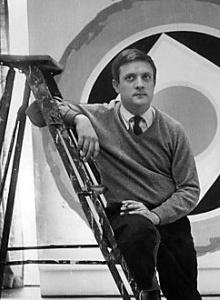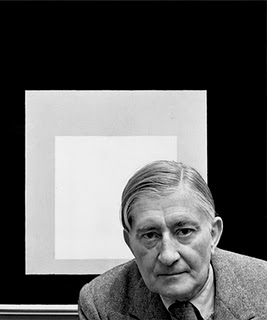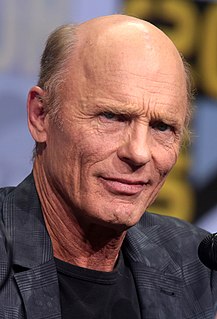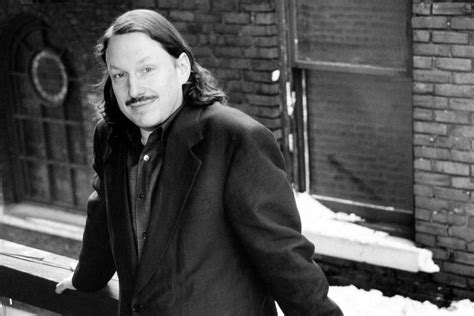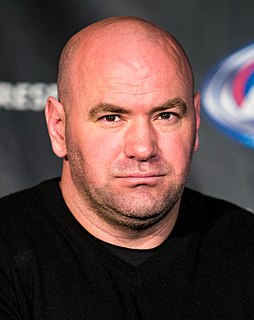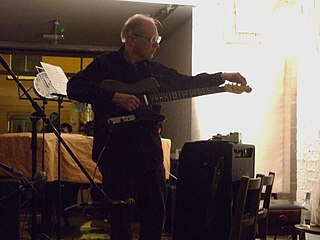A Quote by Kenneth Noland
Clem had made it known that Pollock was a great painter.
Related Quotes
I came to my first Colts training camp in July of 1950, and it was murder, absolute murder. We had a coach named Clem Crow who must have been nuts. You got to remember that I'd been a Marine, had gone through basic training and spent 26 months in the Pacific during WWII, but the Marine drill instructors had nothing on Clem.
To evoke the classic period of Italian cinema in a little film seemed like a great, fun thing to do. I had relations to that period. I had known Fellini and I had known Antonioni. I had made a movie with Antonioni and I had visited Fellini in his studios. So, it seemed like something worthwhile doing. You bring yourself to that mythical cinema.
They were indeed what was known as 'old money', which meant that it had been made so long ago that the black deeds which had originally filled the coffers were now historically irrelevant. Funny, that: a brigand for a father was something you kept quiet about, but a slave-taking pirate for a great-great-great-grandfather was something to boast of over the port. Time turned the evil bastards into rogues, and rogue was a word with a twinkle in its eye and nothing to be ashamed of.
